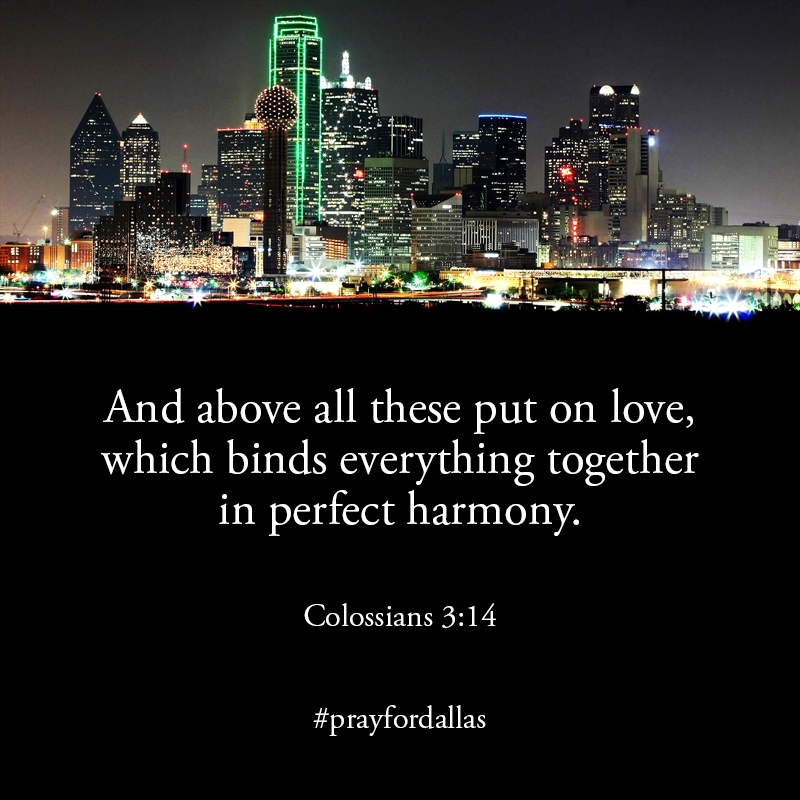In the basic writing course I used to teach for homeschoolers, we used a game called The Communication Game where students learn that sometimes the reader understands the words differently than what the writer meant. The kids would describe a picture to a person who couldn’t see the picture, and the listener would draw what he heard. Inevitably, the drawers drew things the speaker didn’t intend. They interpreted the words differently.
It’s difficult to have an open conversation when participants don’t understand the terms, when they hear something different than is meant. When I first heard the phrase “Black lives matter” my reaction was to question. To defend. I thought of course they matter, but no more than anyone else’s. My inner response (even when silent) was “all lives matter.”
The most common reaction I see to a statement about institutionalized racism is, “I’m not a racist!” which shows that the listeners are feeling personally attacked, even though Individuals do not have to be racist for a system to be set up in a way that benefits one group more than another.
It’s tough to move past defending ourselves and move into listening to what the other person is experiencing.
In the Communication Game, we teach the kids that it is the writer/speaker’s responsibility to choose words that will be understood. The speaker (in the class, it was the writer) was taught to choose words accurately and specifically. To give context. To use objective words rather than subjective ones. To figure out what is being heard and make sure to be understood. Ultimately, of course, the listener has to be willing to listen rather than to assume. Communication is a two way street.
Miscommunication in writing is definitely a bigger issue because of missing out on all the nonverbal cues. In our internet based society, people communicate through writing more than ever. Compounding the problem is communicating with people you don’t know well face to face, so you can’t interpret with personality, plus communicating in tiny bits so it’s harder to interpret in context. We start taking shortcuts like hashtags and slogans, but if those mean something different to the recipient than the speaker…communication drops through a black hole.
I’m working on trying to hear what people are really saying on this issue rather than filtering it through my experiences. I’ve not witnessed a LOT of racism (some, not a lot). And I’ve never been stopped by the police except when I was actually doing something wrong, like expired stickers or speeding, and all of those incidents ended peacefully. Others have different experiences. This photo is helpful to me in understanding what is being said.

 God is described in Isaiah as being “a refuge for the poor, a refuge for the needy in their distress, a shelter from the storm and a shade from the heat. For the breath of the ruthless is like a storm driving against a wall and like the heat of the desert.”
God is described in Isaiah as being “a refuge for the poor, a refuge for the needy in their distress, a shelter from the storm and a shade from the heat. For the breath of the ruthless is like a storm driving against a wall and like the heat of the desert.”